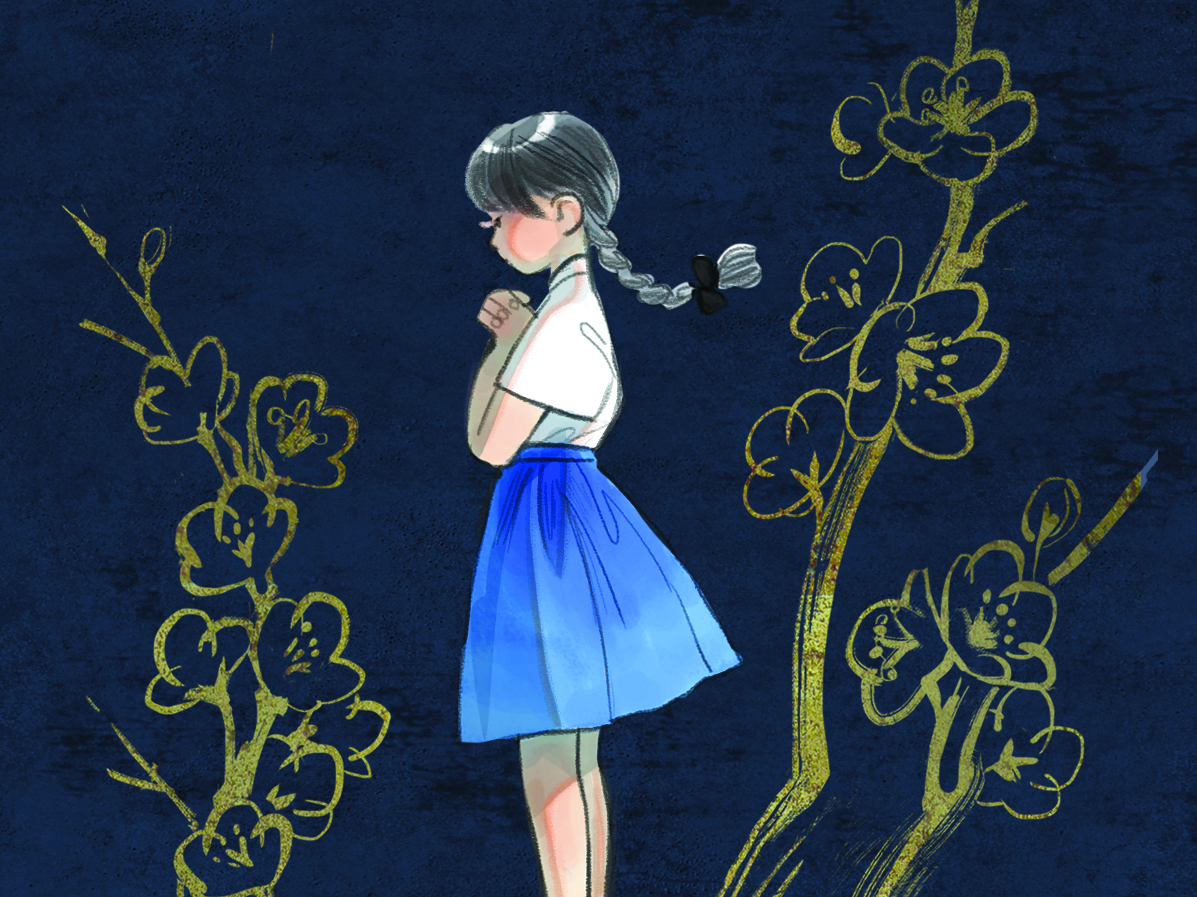Before I knew Dragonhearted was getting published by Scholastic Asia for sure, I started sending my books to local publishers and overseas agents. (I mean, just because I was shortlisted didn’t mean that I was entitled to getting published, so I better have a back-up plan in case Scholastic decided not to publish it.) I’d learnt how to do so by attending the workshops at the Asian Festival of Children’s Content and reading up extensively on the internet, so I knew how to write a query letter and follow the agent’s instructions and formatted the manuscript according to their requests.
I’ve lost count of the number of agents I have sent my manuscript to, but I did get replies. I’d say 20%-30% of the agents who got my manuscript wrote back, and they all told me the same thing:
“I’m really sorry, I didn’t connect to the voice” or “I didn’t identify with the character.”
There is nothing in their words that said that Dragonhearted was too Asian or too Chinese, and, to give them the benefit of the doubt, these agents may have found my character difficult to identify with–let’s face it–not everyone will like my book. But I kept getting this response, and it frustrated me.
But after reading the Children’s Book Council‘s blog entry about promoting diverse books, something clicked. Here’s what they had to say about this issue:
“A common pass letter to an author might say “I didn’t connect to the voice,” or “I didn’t identify with the character.” If you’re a white editor reading this, pause for a second and think about how an African American or Native American might feel getting that pass letter. Consider the fact that your very whiteness might prevent you from understanding the lives diverse characters and peoples lead, and the daily erasure they face.“
And what they brought up was a very good point. These agents may not be racist, but their own internal biases prevent them from accepting different perspectives. Here’s more:
“Another thing we can do to break the system that keeps out diverse authors is simply to check ourselves. I believe that “I didn’t connect to the character/voice” is unacceptable when it comes to diverse perspectives. If most editors are white and straight and middle or upper class, of course they won’t “identify” or “connect” with a diverse perspective. For those manuscripts, many of us should take a pledge to examine it in more detail before moving on.”
The rest of the article entails how to examine your own internal biases (that is, if you are white, privileged and middle or upper-class) when critiquing a manuscript written by a diverse author, and is well worth the read. After reading this, it confirmed my suspicions that some of the agents who sent me that piece of critique also had biases of their own and that saddened me. I could not have changed the content if I tried, but I wondered if I should have send the manuscript using a pen name, because I see so many white-sounding authors whose books have a universe that is indubitably Chinese.
I’m not insinuating that the book should have been picked up by any of these agents, because publishing is competitive, tricky, and also depends on luck. (I am actually, in fact, very grateful to Scholastic and my editors, Daphne and Priya, who did a wonderful job of critiquing my manuscript and pushing for its publication.) I don’t know what went on in the offices of those agents, and race, perhaps, could only have been one factor when deciding among the hundreds of manuscripts that get sent in every day. However, knowing that these internal biases of these agents factors into which manuscripts get chosen changes my perspective, and makes me want to use a pen name instead of my own real name to submit my work overseas.
